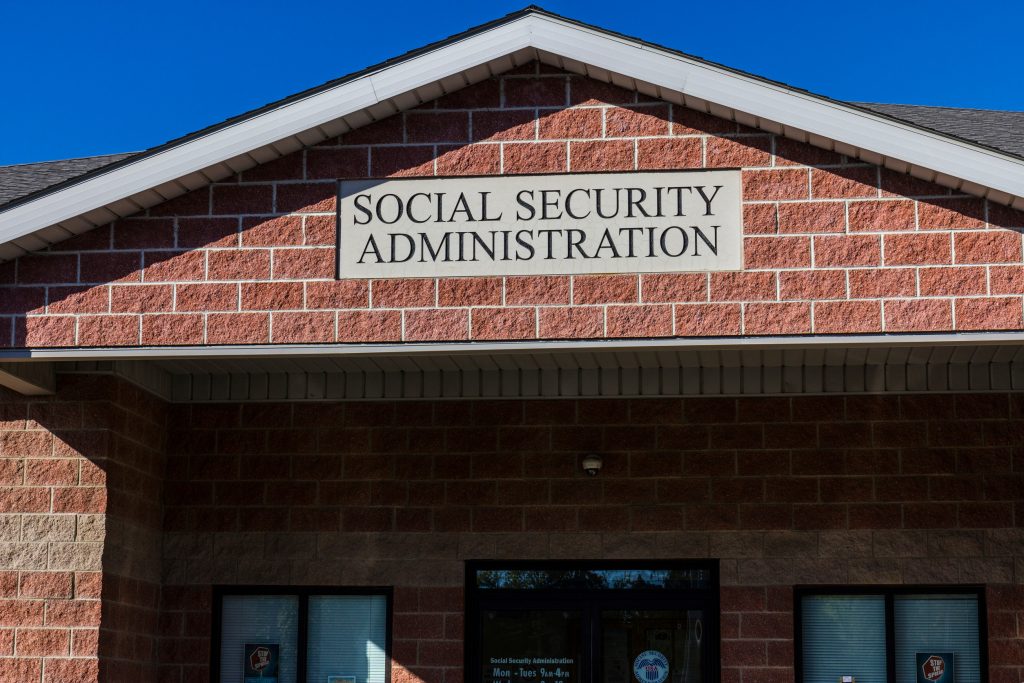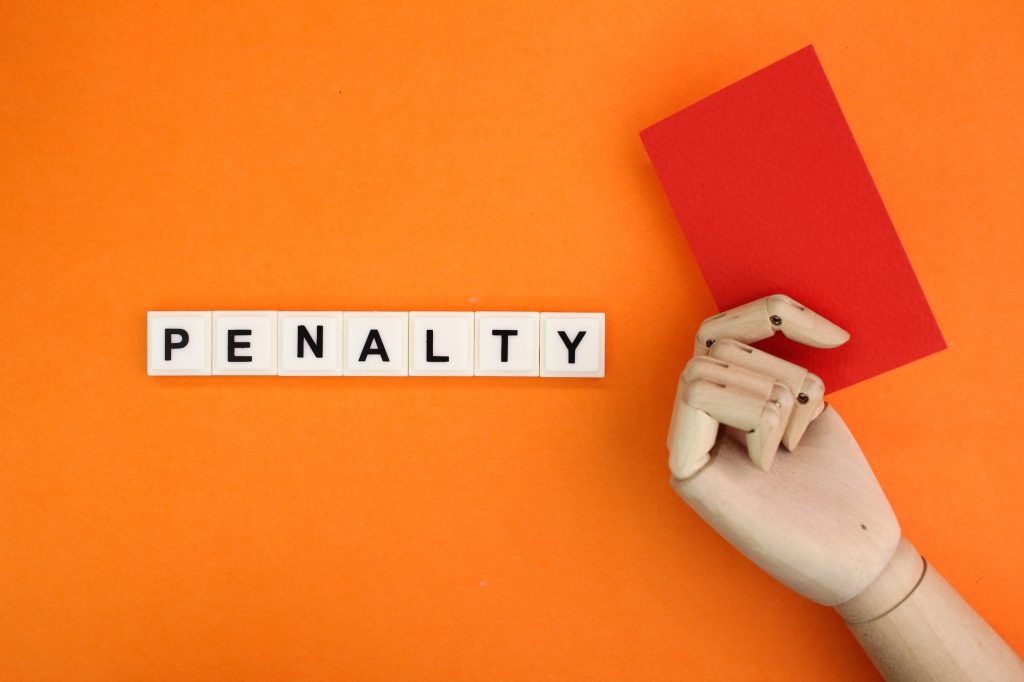
Receiving a disability denial letter from the Social Security Administration (SSA) can be crushing. The initial denial is notoriously common, and the real fight often begins with the appeal. You’ll gather more medical records and file paperwork for reconsideration. You might even have a hearing with an administrative law judge (ALJ).
However, the SSA can still quietly deny or reduce payouts, even after a successful appeal. These aren’t outright denials but subtle reductions and technicalities. These issues can leave you with far less money than you anticipated. Knowing about them helps you set realistic expectations and fight for every dollar you deserve.
1. Denial of Back Pay Due to a Changed Onset Date
You may have stated on your application that your disability began on a specific date two years ago. This date, the Alleged Onset Date (AOD), is crucial. It determines how much back pay the SSA owes you. However, during the appeal, the ALJ may agree that a disability prevents you from working, but not as of the date you claimed.
The judge might amend your onset date to be much more recent, perhaps only six months ago. By doing this, they approve your claim but quietly eliminate 18 months of back pay you were counting on. Judges often use this method to reach a “partially favorable” decision.
2. Reductions Due to Other Disability Income
If you received other disability income while waiting for your appeal, the SSA will reduce your back pay. The SSA calls this the “disability offset.” Common sources include state disability benefits or workers’ compensation. Payouts from a private disability policy also count.
The SSA’s logic is that you cannot receive more than 80% of your pre-disability earnings from combined sources. Many claimants are shocked when their large back pay award shrinks significantly after the SSA calculates and applies this offset.
3. Denial of Auxiliary Benefits for Your Children
When the SSA approves you for Social Security Disability Insurance (SSDI), your minor children may be eligible for auxiliary benefits. These benefits can be up to 50% of your monthly amount. However, the SSA can deny these benefits during the appeal for technical reasons.
For example, the SSA can deny eligibility if you didn’t provide at least half of a child’s financial support. They can also deny it if a stepparent legally adopts the child. The SSA will scrutinize family structures and financial records before approving these crucial dependent payouts.
4. Elimination of Benefits Due to ‘Substantial Gainful Activity’

Perhaps you tried to work part-time during the long appeals process. The SSA can use even a small amount of work against you. If the SSA determines you engaged in “Substantial Gainful Activity” (SGA) for even one month, they can deny benefits for that period.
A judge might approve your overall claim. However, they may find you aren’t entitled to payments for certain months if your earnings exceeded the SGA limit. This tactic quietly chops chunks out of your back pay.
5. Withholding of Payouts to Repay an Old Debt
The Treasury Offset Program allows the federal government to collect overdue debts. They do this by garnishing federal payments, including Social Security. If you have an old debt like a defaulted student loan, back taxes, or child support arrears, the government can intercept your back pay.
You might win your appeal and expect a significant lump sum. However, the SSA could withhold a large portion of it. They do this to satisfy old debts you may have forgotten.
6. Denial of a Portion of Attorney’s Fees
Most disability lawyers work on contingency, meaning you only pay them if you win. The SSA typically caps their fee at 25% of your back pay. This cap is currently $7,200, but the amount can change. The SSA approves this fee and pays the attorney directly from your back pay.
In some complex cases, an attorney may petition for a higher fee. The ALJ can quietly deny this request, even if the work justifies it. While this doesn’t reduce your payout directly, it can impact the quality of legal representation available if attorneys feel they won’t receive fair compensation.
7. Reduction in Survivor Benefits for a Widow(er)
If you are a widow or widower appealing a denial, the SSA can reduce your eventual payout. They use the “Government Pension Offset” to do this. This applies if you get a pension from a government job where you did not pay Social Security taxes.
The SSA will reduce your survivor benefit by two-thirds of your government pension amount. This reduction can be massive and quietly denies a large portion of the benefits you expected. This policy often pushes people with long public service careers, like teachers or firefighters, toward poverty.
The Fight After the Fight
Winning a Social Security disability appeal is a monumental achievement. Still, it’s often not the end of the story. The SSA’s final payout calculation is a complex process filled with offsets and technicalities. After a long battle, this can feel like a quiet betrayal. You must understand these potential deductions to navigate the final steps and ensure you receive the maximum benefit you rightfully deserve.
What to Read Next…
Did Your Social Security Just Go Down? The Hidden Adjustment You Missed
7 Government Rules That Apply to Your Social Media After You Die
5 Social Security Changes That Could Mean More Money For You
What Todays Retirees Are Googling About Social Security in 2025
How Rising Longevity Trends Are Reshaping Retirement Cash Flow
The post 7 Common Payouts That Social Security Quietly Denies During Appeal appeared first on Budget and the Bees.







